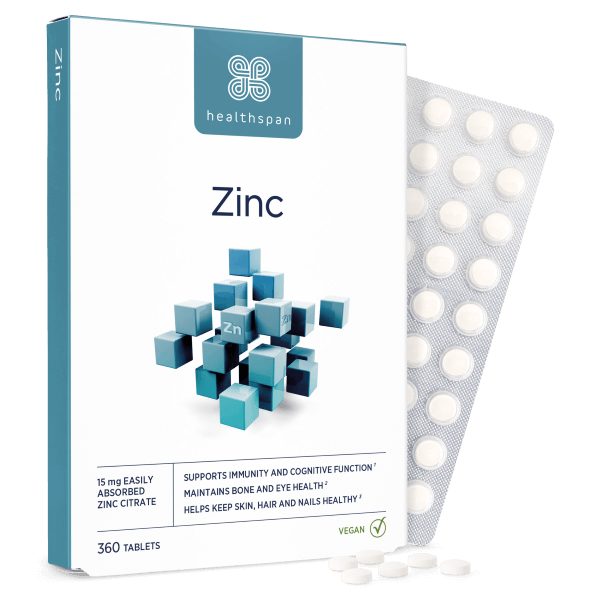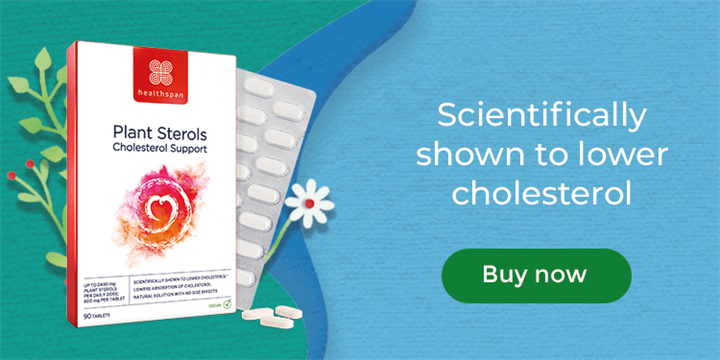From the tell-tale tingling, itching or burning, to the unsightly blister, cold sores are never welcome – but there are things you can do.
What is a cold sore?
A cold sore is an ulcerating blister caused by the Herpes simplex virus (HSV). According to the World Health Organization, two out of three people under the age of 50 are infected with HSV type 1 and another 491 million carry HSV type 2.1
Although that equates to a lot of people, most do not have troublesome symptoms, as the virus lies dormant and may never reactivate to trigger an attack – or does so only infrequently. However, some people are plagued by seemingly never-ending recurrences.
What causes a cold sore?
The Herpes simplex virus is mainly contracted during the first 18 months of life as a result of being kissed by an infected adult with an active mouth sore.
The initial, or primary, infection is thought to pass unnoticed in up to 90 per cent of cases or may only produce mild soreness. Occasionally, however, widespread painful sores appear all over the inside of the mouth and on the gums and tongue.
During your first exposure to HSV, viral particles travel up nerve endings to lie dormant in a swelling (ganglion) at the nerve root. Here, they produce short strands of genetic material known as microRNAs that tell them to stay inactive.2
When conditions are right, the virus stops making microRNA and reactivates, travelling back down the nerve to cause a recurrent sore. Recurrences can be triggered by any factor that reduces your immunity or which overstimulates the nerve, such as frosty weather, a common cold infection, physical and emotional stress or exposure to ultraviolet light (e.g. sun beds, skiing holidays).
A recurrence may occur weeks, months or even years after the initial infection. Some people have few, if any, recurrences but around one in three people who carry the virus experience regular outbreaks.
What are the symptoms of a cold sore?
When HSV reactivates and travels back down a nerve, you may experience tingling, burning, itching or gnawing pains. These symptoms last for 12 to 24 hours and usually herald the appearance of one or more blisters once viral particles reach the skin.
The virus spreads from cell to cell, hijacking their protein-making machinery to create more viruses, then bursting free as the cells die. This initially creates a fluid-filled blister that progresses to form a shallow ulcer which is exquisitely painful as underlying nerve endings are exposed.
How to get rid of cold sores
Although there are no guarantees, certain supplements support immunity in ways that can help to reduce HSV recurrences or hasten their healing if you succumb. There is research evidence that the following supplements can help to get rid of cold sores quickly.
Vitamin C has antiviral actions, so that viral particles (including HSV) are unable to replicate inside cells with a high vitamin C concentration. In one study, taking 200mg vitamin C with bioflavonoids, three times a day, stopped blisters in their tracks in three out of four people. The average time to complete healing was significantly reduced: 4.3 days with vitamin C treatment, compared to 9.7 days with placebo.3
Zinc plays an important role in immunity, and as many as one in four people have a deficiency that may increase the risk of acquiring viral infections such as HSV. Zinc deficiency may also prolong the duration of a cold sore.4 Applying a zinc oxide nappy rash cream can also help soothe a painful blister and may promote healing.5

Zinc with Vitamin C
Easily absorbed zinc citrate for immunity, hair, nails, skin and vision
- Zinc citrate for easy absorption
- Supports immunity and multiple other health areas
- Support your health and wellbeing for less than €0.04 a day
How long do cold sores last?
Eventually, the ulcers crust and scab over to heal within 10-14 days. During this process, however, new viruses travel up the nerve to lie dormant and the cycle starts over again.
As cold sores are teeming with millions of viral particles, they are highly infectious from the time they first appear until fully healed. If you have an active cold sore, it is important to avoid kissing or having intimate contact until the sore is fully healed, or you may pass on the infection.
How to prevent cold sores
You can reduce the chance of a cold sore recurrence by following a healthy diet and lifestyle.
Diet: Follow a Mediterranean-style diet that supplies vitamins and minerals alongside an abundance of natural antioxidants.
Exercise: Stay physically active to maintain fitness but avoid over-exercising – endurance events such as running a marathon, for example, are highly physically stressful and could trigger a recurrence.
Sleep: Obtain sufficient sleep to wake feeling refreshed and rested.
Stress: Manage any stressors in your life, as prolonged periods of stress can trigger an attack.
UV light: Avoid sun beds. Use sunblock on your lips when skiing or on a beach holiday.
Anti-viral drugs (e.g. acyclovir) are available to prevent recurrences if you are frequently affected. When taken daily, these block an enzyme (viral DNA polymerase) needed during HSV replication.






